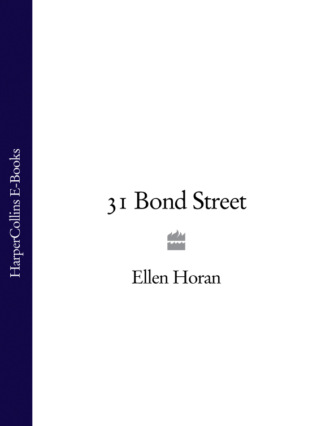31 Bond Street

Полная версия
31 Bond Street
Жанр: детективыисторическая литературасовременная зарубежная литературазарубежные детективысерьезное чтениеоб истории серьезно
Язык: Английский
Год издания: 2019
Добавлена:
Настройки чтения
Размер шрифта
Высота строк
Поля
Конец ознакомительного фрагмента
Купить и скачать всю книгу

